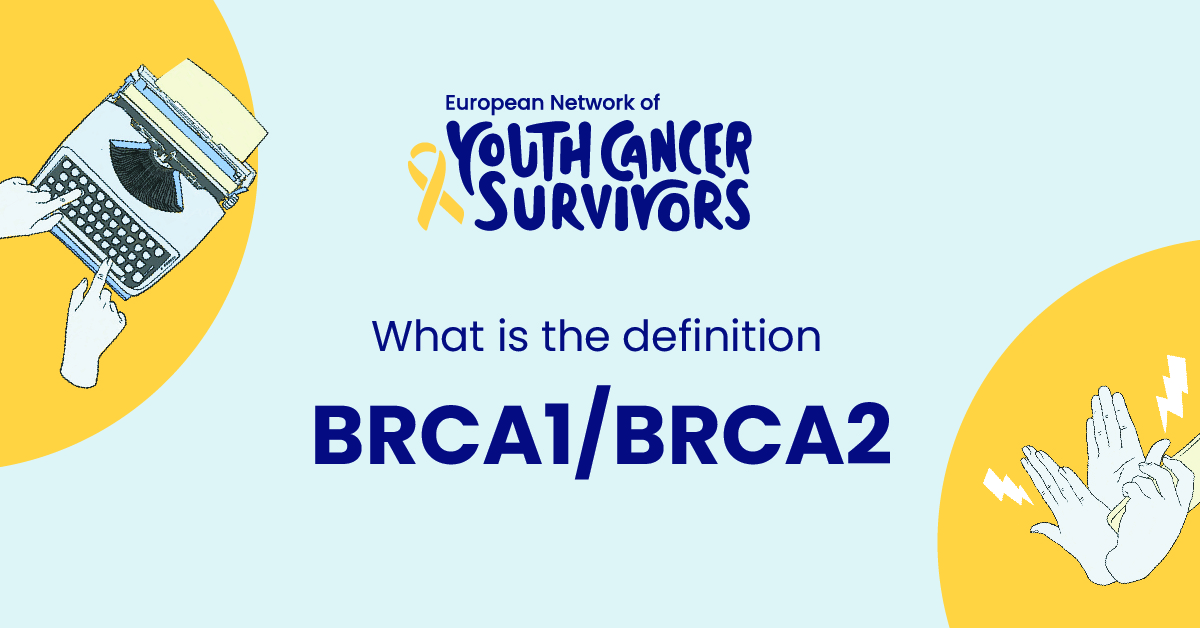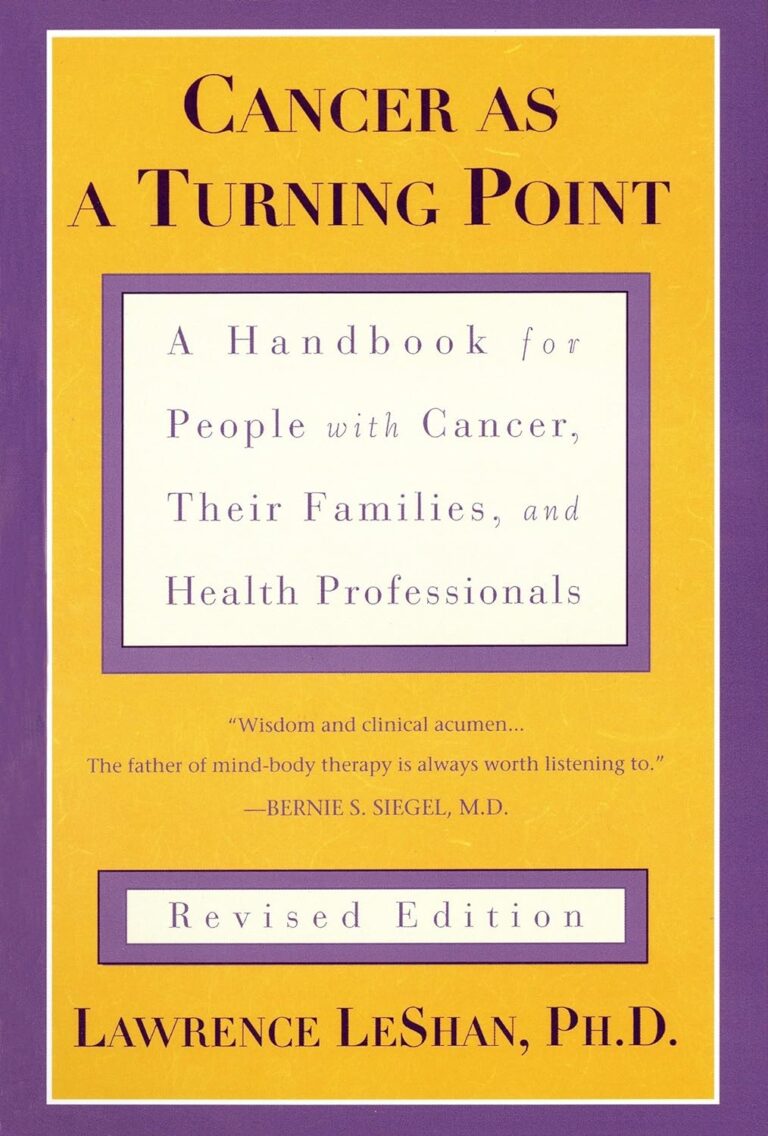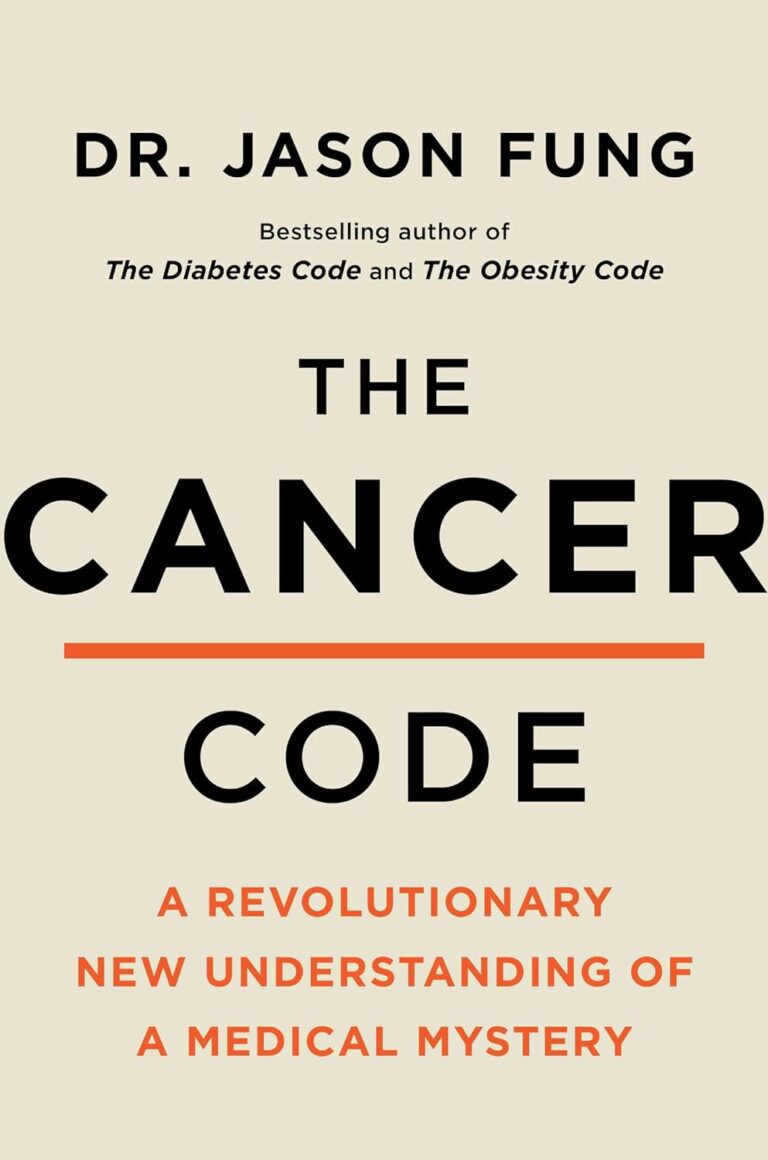
Our genes play a crucial role in our health and well-being. They not only define our unique physical characteristics but are also responsible for managing the fundamental life processes within our bodies. One such crucial set of genes are the BRCA1 and BRCA2. Understanding these genetic markers and their mutations can provide invaluable insights into our individual health risks, specifically those related to cancer.
A Brief Overview Of BRCA1/BRCA2
BRCA1 and BRCA2, short for Breast Cancer genes 1 and 2, are human genes that produce proteins responsible for repairing damaged DNA. They function as tumor suppressors, protecting our cells from growing and dividing too rapidly or in an uncontrolled manner.
Importance Of Understanding Genetic Mutations
Occasionally, changes or mutations occur in our genes that interfere with their normal function. Understanding these genetic mutations is key to predicting certain health risks, devising a personalized health strategy, and adopting preventive measures to improve outcomes.
Understanding Genes: BRCA1/BRCA2
Definition and Explanation Of BRCA1/BRCA2
BRCA1 and BRCA2 are types of genes known as tumor suppressors. In normal cells, BRCA1 and BRCA2 help ensure the stability of the cell’s genetic material (DNA) and prevent uncontrolled cell growth. Mutation of these genes has been linked to the development of hereditary breast and ovarian cancer.
Normal Functions Of BRCA1/BRCA2 Genes
In normal cells, BRCA1 and BRCA2 help repair damaged DNA, playing a vital role in maintaining the genetic stability of cells. When either of these genes is mutated, or altered, the DNA damage repair may not work properly, leading to further genetic changes that can lead to cancer.
Explanation Of Gene Mutations
Gene mutations are changes that occur in our DNA sequence. While some mutations are harmless, others can cause errors in the coding, leading to the production of a faulty protein – resulting in diseases such as cancer.
BRCA1/BRCA2 Mutations And Cancer
The Correlation Between BRCA1/BRCA2 Mutations And Cancer Risk
Specific inherited mutations in BRCA1 and BRCA2 increase the risk of female breast and ovarian cancers. These mutations may also increase the risk of several additional types of cancer, including pancreatic and prostate cancers.
The role of BRCA1/BRCA2 mutations in breast and ovarian cancer
BRCA1 and BRCA2 gene mutations increase the risk of developing breast and ovarian cancer. The lifetime risk can be about five to twelve times the average risk for breast cancer and up to thirty times the average risk for ovarian cancer.
Other cancers associated with BRCA1/BRCA2 mutations
Although these mutations are best known for their link to breast and ovarian cancer, they have also been associated with several additional types of cancer such as high-grade prostate cancer in men and, pancreatic cancer.
How Are BRCA1/BRCA2 Mutations Passed Down Through Generations?
Genetic Inheritance And BRCA1/BRCA2 Mutations
BRCA1 and BRCA2 mutations can be passed down to you from either parent. They are inherited in an autosomal dominant manner, meaning every child of a parent who carries the mutation has a 50% chance of inheriting it.
Factors That Influence The Inheritance
The inheritance of these mutations takes into account various factors, including medical history, especially the type and age of onset of cancer in the family, the presence of tumors in multiple generations, and ethnicity or geographic origin.
BRCA1/BRCA2 Mutations Testing
Importance Of Genetic Testing For BRCA1/BRCA2 Mutations
Genetic testing for BRCA1 and BRCA2 mutations is crucial as it allows for a more precise cancer risk assessment and aids in making informed medical and lifestyle decisions to manage this risk.
Get to know us better
If you are reading this, you are in the right place – we do not care who you are and what you do, press the button and follow discussions live

Who Should Consider Testing
BRCA1 and BRCA2 testing is usually offered to individuals who have a family history of breast and ovarian cancer and to people who are of Ashkenazi Jewish descent, as they have a 1 in 40 chance of carrying these gene mutations.
Benefits, Risks, And Limitations Of BRCA1/BRCA2 Testing
Benefits of genetic testing include the opportunity to make informed decisions about managing cancer risks, deciding on treatment options, and identifying other family members at risk. Conversely, risks include psychological stress, potential insurance or employment discrimination, and potential but uncertain benefits. Testing can also result in a sense of uncertainty, especially when test results are ambiguous or unclear.
Treatment And Preventive Measures For BRCA1/BRCA2 Mutation Carriers
Managing The Risk Associated With BRCA1/BRCA2 Mutations
Individuals who possess mutations in BRCA1/BRCA2 can manage their risk through enhanced screening, prophylactic (risk-reducing) surgery, chemoprevention, or a combination of these strategies.
The Role Of Lifestyle Modifications
A balanced lifestyle that involves a nutritious diet, physical activity, limited alcohol intake, and avoiding tobacco could help in maintaining general health and reducing the overall cancer risk.
Medical Treatment Options
Medical treatment options could range from more frequent screenings and checkups to preventive surgeries such as mastectomies or oophorectomies. In the event of a positive diagnosis, appropriate and timely therapeutic intervention can significantly improve the prognosis.
Conclusion
Summary Of Key Findings
The understanding of BRCA1/BRCA2 and their mutations provide significant insights into individual cancer risks. These markers guide both genetic testing strategies and treatment procedures, further enabling personalized health strategies and interventions.
Personal Perspective On The Significance Of BRCA1/BRCA2 Understanding
The knowledge of BRCA1/BRCA2 is empowering. It allows individuals to understand their genetic predisposition to cancer, helping them take control of their health through informed lifestyle modifications and medical decisions.
FAQs
1. What does it mean if you have a BRCA1/BRCA2 mutation?
Having a BRCA1/BRCA2 mutation means you have a higher risk of developing breast and ovarian cancer over your lifetime. However, it doesn’t guarantee that you will develop these cancers.
2. How can I know whether I have a BRCA1/BRCA2 mutation or not?
Genetic tests can help identify whether you have a BRCA1/BRCA2 mutation. These tests should be considered if you have a strong family history of breast or ovarian cancer.
3. Do BRCA1/BRCA2 mutations automatically mean you will get cancer?
Not necessarily. While the mutations increase the risk of certain types of cancer, they do not guarantee that you will develop the disease. Other factors, such as your lifestyle choices and environmental influences, also play a role.
4. Are men affected by BRCA1/BRCA2 mutations?
Yes, men can carry BRCA1/BRCA2 mutations. These mutations may increase the risk of developing certain types of cancer, including breast cancer and prostate cancer.
5. What types of prevention measures can be taken if I carry a BRCA1/BRCA2 mutation?
Prevention measures include regular screenings, lifestyle modifications such as maintaining a healthy diet and regular exercise, and in some cases, preventive surgery.

















Comments
Thank you. Comment sent for approval.
Something is wrong, try again later